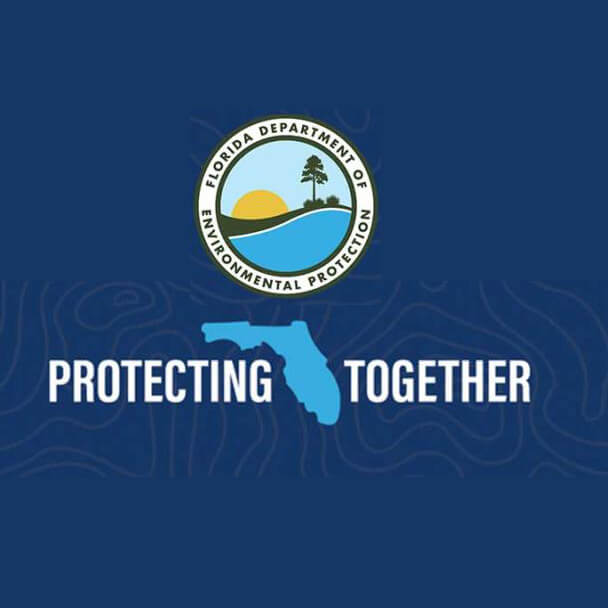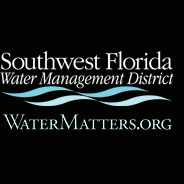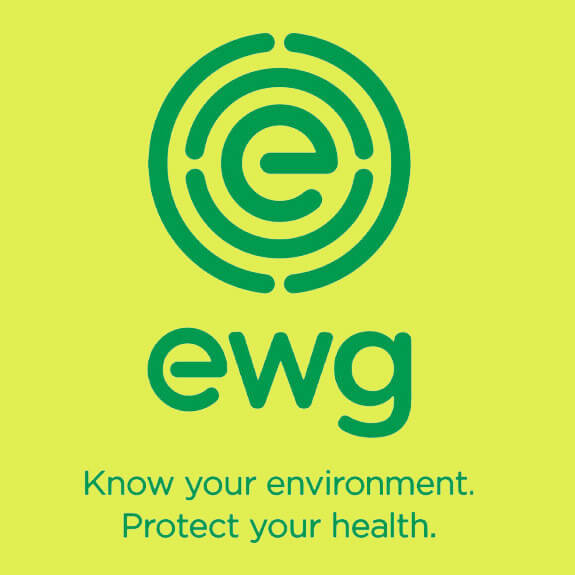Florida's Liquid Assets: Managing and Mitigating City Water Contamination
The Crucial Role of Florida's Water Resources
Florida's water resources are invaluable, serving as the lifeblood of the state's ecosystems and sustaining the diverse flora and fauna. Among these resources, aquifers play a pivotal role in providing clean, potable water to millions of residents and supporting various industries. However, the increasing threat of city water contamination demands a comprehensive and factual exploration of strategies to manage and mitigate these risks.
The Persistent Challenge of Water Contamination in Cities
Urbanization and industrialization have brought economic growth to Florida's cities, but they have also introduced challenges, particularly in the realm of water quality. City water contamination is a persistent concern, with potential pollutants ranging from industrial discharges to improper waste disposal, posing a threat to the integrity of aquifers that supply drinking water to urban areas.
Scientifically Grounded Strategies for Mitigation
1. Rigorous Regulatory Frameworks
Implementing and enforcing stringent regulatory frameworks is paramount in mitigating city water contamination. Regulatory bodies must monitor industrial activities closely, ensuring that they adhere to strict environmental standards. Any violations should be met with appropriate penalties to deter future misconduct.
2. Sustainable Urban Planning
Embracing sustainable urban planning practices is an effective strategy to minimize the impact of city development on aquifer health. Proper zoning, green infrastructure, and stormwater management are integral components that can help prevent pollutants from infiltrating groundwater sources.
3. Technological Advancements in Water Treatment
Investing in cutting-edge water treatment technologies is crucial for the removal of contaminants from water sources. Filtration systems, advanced purification methods, and the integration of state-of-the-art technologies ensure that water supplied to the public meets or exceeds established quality standards.
4. Public Awareness and Education
Educating the public about the importance of water conservation and pollution prevention fosters a sense of responsibility among citizens. Awareness campaigns should emphasize proper waste disposal practices, the consequences of chemical contamination, and the significance of protecting aquifers for future generations.
5. Comprehensive Groundwater Monitoring
Establishing and maintaining robust groundwater monitoring programs is essential for early detection of contamination. Routine testing of water quality in and around urban areas allows authorities to identify potential threats promptly and take proactive measures to prevent further degradation.
Real-World Success Stories
Several cities in Florida have successfully implemented these mitigation strategies, showcasing the positive impact of informed decision-making and proactive measures.
Miami: Regulatory Vigilance
Miami's success in mitigating water contamination is attributed to its rigorous regulatory approach. The city closely monitors industrial activities, enforces strict compliance with environmental standards, and swiftly addresses any violations, creating a cleaner and safer water supply for its residents.
Tampa: Sustainable Urban Development
Tampa's commitment to sustainable urban development is evident in its city planning. By incorporating green spaces, implementing effective stormwater management, and promoting environmentally conscious zoning, Tampa has significantly reduced the risk of contaminant runoff into its aquifers.
Conclusion: Safeguarding Florida's Liquid Assets
Effectively managing and mitigating city water contamination is imperative for safeguarding Florida's liquid assets. A combination of stringent regulations, sustainable urban planning, advanced water treatment technologies, public awareness, and comprehensive groundwater monitoring can collectively ensure the continued availability of clean and safe drinking water for residents across the state. Learning from successful case studies provides valuable insights for other cities facing similar challenges, reinforcing the importance of evidence-based approaches to preserve Florida's water resources for current and future generations.





